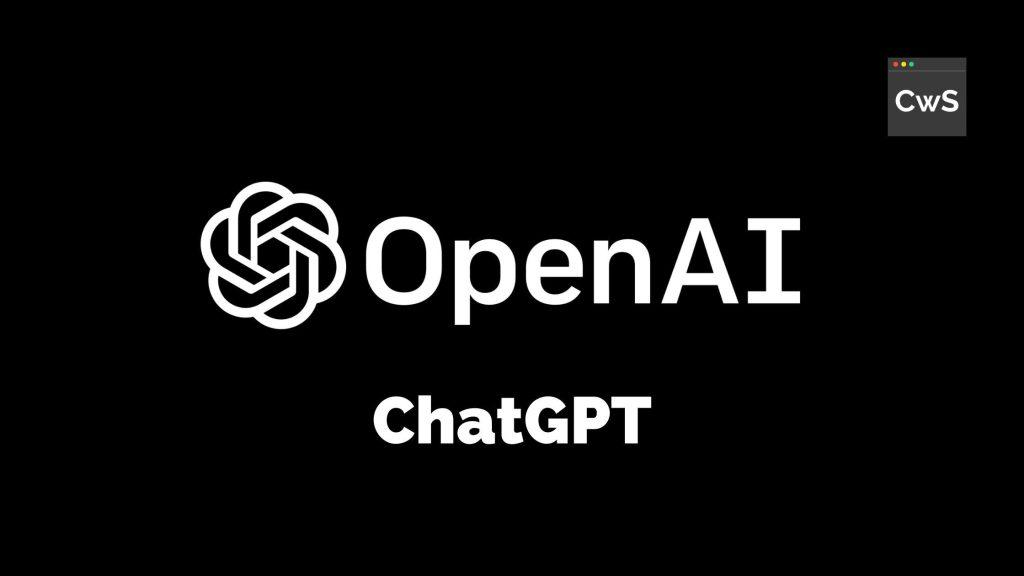Artificial intelligence has demonstrated the ability to detect eggs of parasitic worms in human fecal samples, even those from parasite species that may be overlooked by laboratory technologists using microscopes. This breakthrough suggests that AI has the potential to enhance the diagnosis and treatment of parasitic worm infections worldwide.
According to the World Health Organization, nearly one-quarter of the global population, approximately 1.5 billion people, are affected by parasitic worm infections residing in their intestines. These infections can result in malnutrition, anemia, or impaired cognitive development. However, access to diagnosis and treatment is often limited due to a shortage of experts trained in identifying these infections.
Johan Lundin and his team at the Karolinska Institute in Sweden explored the possibility of leveraging AI to address this challenge. “The primary aim of this method is to facilitate broader access to the diagnosis of parasitic worm infections,” explains Lundin.
The researchers conducted training and testing of their AI system using approximately 1300 stool samples obtained from school students in Kenya. These samples, prepared by a local healthcare laboratory, were digitally scanned under a microscope and then uploaded to the cloud for AI analysis via mobile internet.














